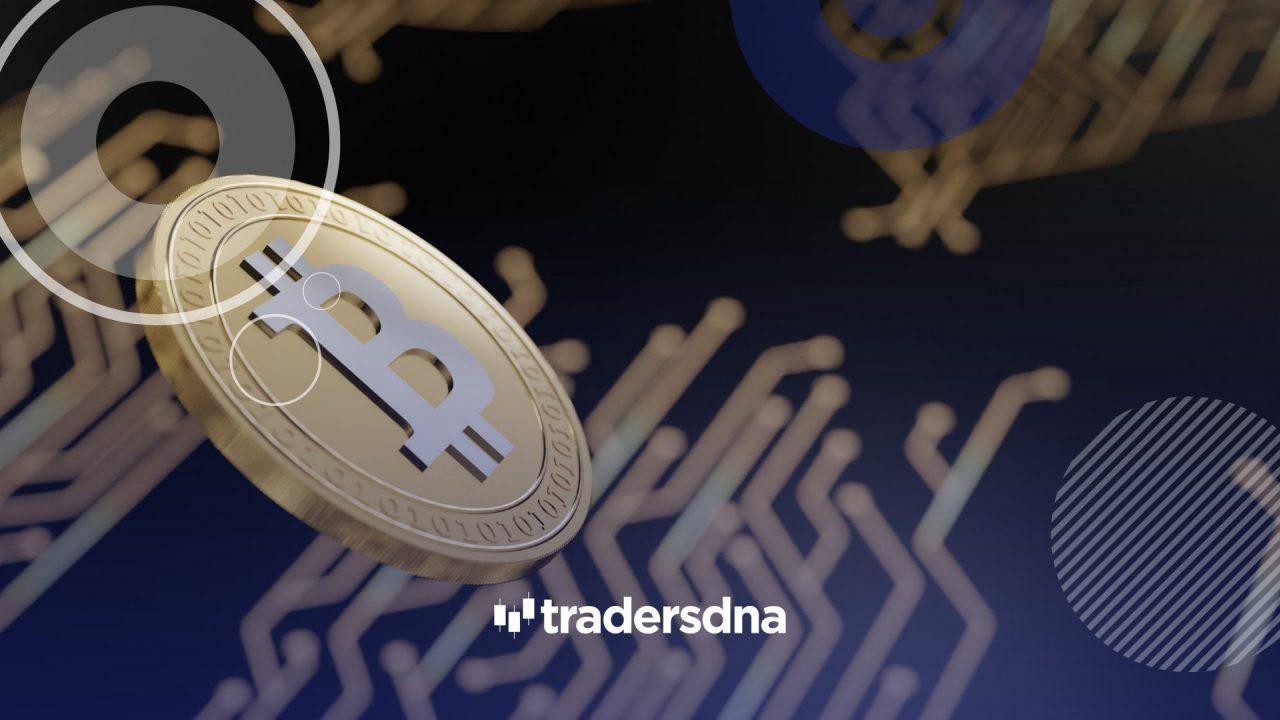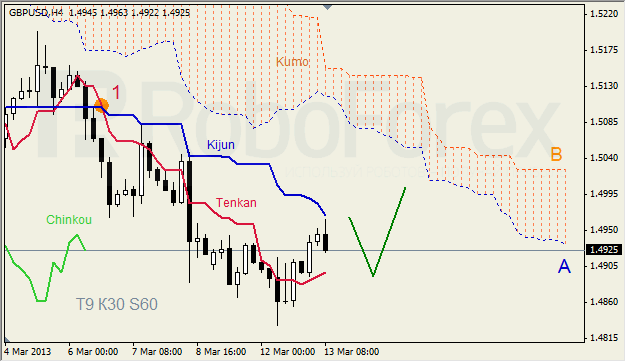The latest events on the world stage and recent economic developments may have seen the first examples of diplomacy about digitalization: Governments and nations manoeuvring relationships, and agreements around Decentralized Finance (DeFi), digital assets and cryptocurrencies. The Ukraine crisis may have unleashed a new crypto era: A mind shift. Even the hardliners among the more traditionalist policymakers can no longer allow themselves to look frazzled, while the world keeps turning.

Millions of crypto funds were donated, as the war unfolded in Ukraine. Prominent figures such as Elon Musk, CEO of Tesla and SpaceX and H.E. Justin Sun, WTO-Ambassador of Grenada and founder of one of the biggest public blockchains namely the TRON network supported these transactions. Musk provided his Starlink satellite internet terminals to keep the internet up and running and Sun contributed $200,000, urging the TRON community to donate even more (to date $4,000,000 in USDT (TRC-20) and TRX tokens have been donated).
Ukraine’s foresight in 2014 to build an independent IT sector, implementing and enacting a law in March 2022 to make cryptocurrencies legal, laid the foundation for the recent developments.
DeFi, Bitcoin and stablecoins continue to challenge the state of affairs
2022 continues to be marked by turmoil in the crypto sector. Cryptocurrencies such as Bitcoin are losing momentum, while regulators are zooming in on digital currencies, marking a turning point in the market.
Early this year, US President Joe Biden signed an executive order to pave the way for digital assets. It was welcomed by crypto enthusiasts and traditionalists. While the war in the midst of Europe rages on, economic growth forecasts are being cut, and global inflation is rising. All the while, Bitcoin and other cryptocurrencies continue to challenge the current financial system. Regulators scramble to find appropriate measures to react to developments in DeFi. Most of them seem frazzled, as they follow rather than lead the trails of digital finance.
With no uniform laws in place to regulate them, cryptocurrencies are raising concerns worldwide. Their favourable features like fast transactions, low fees, and no need for third-party verification also make them ideal candidates for scams. They display low transparency, lack investor protection, and are fertile ground for money laundering.
How to regulate?
In 2021 Bitcoin reached a market value of $1 trillion. Developing countries have moved towards open crypto markets with El Salvador and others adopting Bitcoin as legal tender. Small as they are, they stand tall amidst the giant economies that are beginning to wake up to a new digital era.
More governments and central banks are embracing the benefits of cross-border digital payment systems while reducing potential money laundering. Recently, cryptocurrency exchanges fell under US regulation and now need to report on customer profiles and transaction sizes over $10,000. Last year, tax reporting requirements on digital assets such as cryptocurrencies and NFTs were implemented, and the first Bitcoin future ETF was traded on the New York Stock Exchange.
There is growing consensus that the adoption of digital currencies by central banks (CBDCs) is only a matter of time. In his annual letter to shareholders, Larry Fink, CEO of BlackRock, one of the world’s leading investors, stated that the war would accelerate this development.
The next chapter
The challenge to provide a legal framework is exacerbated as decentralized technologies (DLTs) shake the core of the system central banks were built on. DLTs, per definition, do not require intermediaries or a central body to govern.
Stablecoins, cryptocurrencies pegged to fiat currency or other commodities, are the latest offering to investors to own digital assets with the promise of price stability. One of the latest stablecoin, launched on May 5th, 2022, a decentralized algorithmic stablecoin (USDD), was issued by the TRON DAO Reserve. H.E. Justin Sun as WTO Ambassador for Grenada and a TRON veteran may be the first “crypto diplomat” that combines expertise in blockchain technology with a commitment to support the national interests of a developing country in digitizing trade, investments, and governance.
With its Stablecoin TRUST Act, the US is the only country to regulate and accept stablecoins, with issuers required to adhere to specific rules of disclosure and to back their assets with reserves. The recent crash by stablecoin Terra that saw thousands of investors lose their money overnight highlights the need for urgent regulation.
Regulators: From stand-ins to leading actors on the world stage of innovation
Digital money is already shaping new world order. More countries are considering Central Bank Digital Currencies (CBDCs). This will need more than an executive order. A sensible regulatory environment requires negotiating amicable agreements between countries to benefit technology developments that include decentralization mechanisms. It requires a collaborative effort with the creators of blockchain. Only they can share their insights on how to maximize the potential of these technologies for the benefit of societies and economies. Governments alone cannot run the show.
Facilitating a shift: From regulating big-tech practices to best-tech practices
These are times of insecurity for companies investing and implementing in blockchain while receiving little support for innovation in the current difficult macroeconomic environment.
The European Parliament recently launched a pilot regime to regulate market structures for DLT. This included looking at questions such as how to acquire permission to operate a DLT market, which financial instruments can be traded and how operators can cooperate. The role of companies vested in blockchain in facilitating this shift is crucial. If the Digital Finance Package that supports the region’s digital transition by encouraging innovation, while ensuring consumer protection, is to make sense.
Consortia such as INATBA which are dedicated to promoting the global adoption of blockchain can provide the link between policy and industry. Their working groups have produced a series of papers on topics ranging from DeFi to NFTs or DAOs, encouraging dialogue with policymakers. The aim is to establish a regulatory sandbox for appropriate and sustainable regulation for the industry.
The blockchain industry may have a lobby but is yet far from being heard beyond the noise about the recent crypto losses in the markets. However, the Ukraine crisis may have unleashed a new crypto era: A mind shift. Even the hardliners among the more traditionalist policymakers can no longer allow themselves to look frazzled, while the world keeps turning.
Read More:
business development manager skills
how to get personal loans with income verification?
Tradersdna is a leading digital and social media platform for traders and investors. Tradersdna offers premiere resources for trading and investing education, digital resources for personal finance, market analysis and free trading guides. More about TradersDNA Features: What Does It Take to Become an Aggressive Trader? | Everything You Need to Know About White Label Trading Software | Advantages of Automated Forex Trading


































